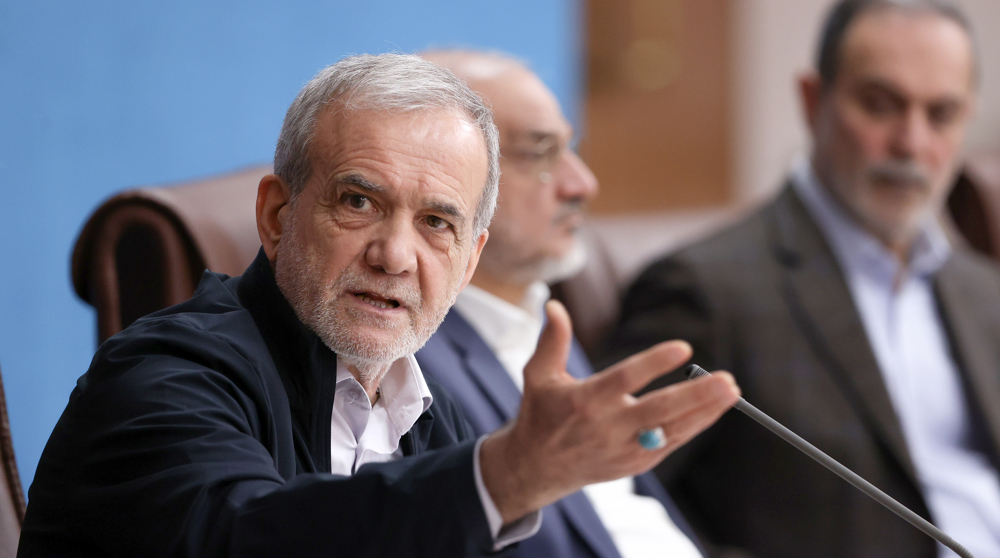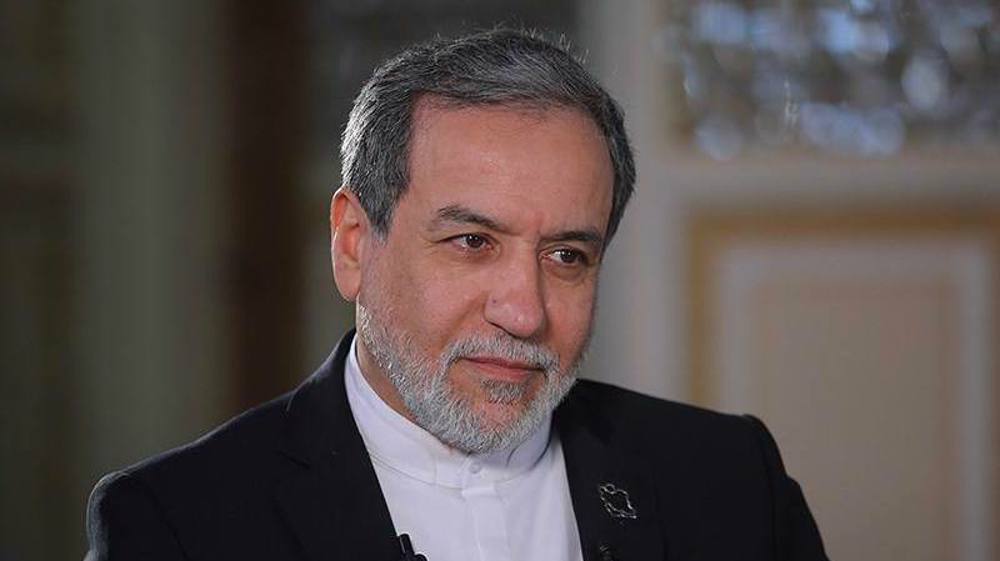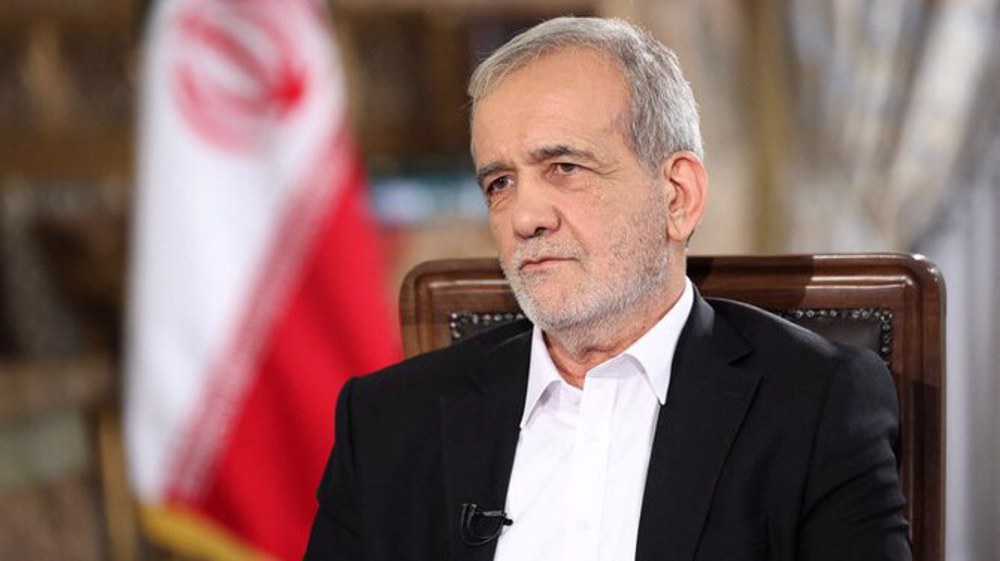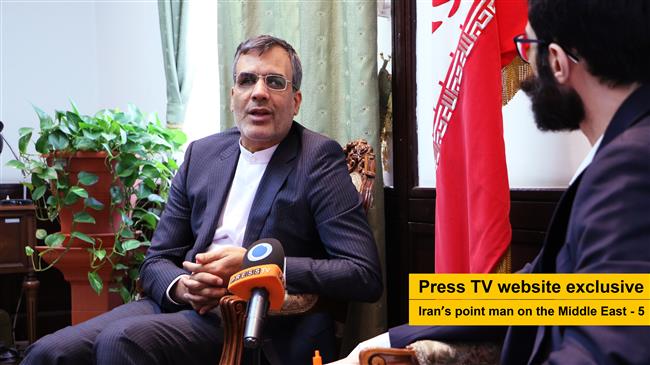Russia-Turkey deal on Syria's Idlib ‘was Iran's idea’
(This is the fifth and last news article in the series “Iran’s point man on Middle East.” To read the fourth, click here; the third, here; the second, here; and the first, here. To read a report of the interview with Hossein Jaberi Ansari, see here.)
A deal reached between Russia and Turkey last month to attempt to peacefully resolve the issue of Syria’s Idlib Province, the last major stronghold of anti-government militants in the Arab country, was based in its entirety on an Iranian proposal, says Iran’s chief negotiator on Syria.
Hossein Jaberi Ansari, Iran’s point man on the Middle East and North Africa, told Press TV’s website in an exclusive interview on October 10, that the deal, reached in Sochi in mid-September, was based on Iran’s idea to have Russia and Turkey — which support opposing sides in the Syrian conflict — meet each other halfway.
Conflict erupted in Syria back in 2011, when a small group of opposition forces took up arms against Damascus. Soon, however, a mix of international terrorists and paid mercenaries mingled with and then largely sidestepped the armed Syrian opposition groups, effectively turning the Arab country into a battlefield for foreign governments opposed to Syrian President Bashar al-Assad.
But the Syrian military, with advisory military help from Iran and Russia — and a Russian aerial bombardment campaign — has retaken control of much of the country, and the conflict is generally believed to be winding down.
Idlib remains the last major piece of Syrian land still not in control of the Syrian government.
Over the past couple of years, armed groups that have been defeated in battles with the Syrian military have been bused into Idlib under agreements with Damascus. While those groups have mostly had to leave their heavy weaponry behind under those deals, they have been allowed to take their small arms with them.
In parts of his remarks published previously, Jaberi Ansari said that Moscow and Ankara did not see eye to eye on how to resolve Idlib. He said Russia was more inclined to resolve the matter more quickly while Turkey sought to indefinitely delay any resolution of the issue.
‘Neither abrupt war, nor abrupt peace’
He said Iran had its own ideas — and offered a third path.
Iran came up with a proposal to resolve the matter in a phased and incremental manner, “neither through abrupt [...] war, nor through abrupt peace,” Jaberi Ansari said.
That proposal faced “initial resistance” from Russia and Turkey but was later taken up by the two countries.
At the end of a summit in Sochi on September 17, Russian President Vladimir Putin and Turkish President Recep Tayyip Erdogan agreed on, among other things, establishing a demilitarized zone in Idlib that would cover an expanse of 15-20 kilometers of land. Militants would have to entirely clear that area by October 15.

Presidents Putin and Erdogan had earlier, in a trilateral summit in Tehran, differed on how to resolve Idlib.
‘Both the concept and the design’
Jaberi Ansari said the Sochi “framework and all of its major concepts were Iran’s ideas.”
He explained that both the Sochi deal’s “concept” — i.e. resolving matters in a phased and composite manner — and the specific articles envisaged in it were based on Iranian ideas.
If the specific articles of the deal are carried out according to plan, progress will have occurred “without firing a single bullet,” he said.
“The art of designing military and political plans is to make such things happen without extensive cost,” Jaberi Ansari said.
“Despite the initial resistance by our two other partners [in the Astana peace process for Syria], ultimately, that same framework and that same proposal was adopted as the basis of the Sochi deal,” he said.

In his official capacity as senior assistant to the Iranian foreign minister on special political affairs, Jaberi Ansari has been working with Russia and Turkey in a peace process for Syria known as the Astana process.
The player behind the scenes
Asked about why Iran did not participate in the Sochi meeting, Jaberi Ansari said Iran was “both present and absent.”
He said the fact that the deal was entirely based on Iran’s idea is proof of that statement.
And he said Iran does not insist on being present in photo ops and signing ceremonies.
“Rather than seeking to show off itself, Iran has been and is after finding solutions,” Jaberi Ansari said.
The Sochi agreement was welcomed not only by the Syrian government and opposition but also by international observers. Iran called it proof that “[D]iplomacy works.”

Iran will ‘chart its own path’ if US refuses to negotiate on ‘equal footing’: President

Carnegie cancels Iran FM’s speech under ‘orchestrated pressure’ from Israel lobby: Report

Iran president, foreign minister offer condolences over death of Pope Francis
Israeli strikes kill nearly 10 Gazans, including two children, in new aggression
VIDEO | Rome talks & sword breaks in Gaza
VIDEO | Ireland remembers anti-colonial uprising
Day of Rage: Hamas calls on all Palestinians to attend pro-Gaza rallies
Certain groups manipulating Iran-US talks, goading US into making ‘maximalist demands’: FM
US warplanes strike Yemeni capital in new acts of aggression
‘A war crime’: UN blasts US envoy to Tel Aviv for defending Israel’s blockade on aid into Gaza
VIDEO | Press TV's news headlines












 This makes it easy to access the Press TV website
This makes it easy to access the Press TV website